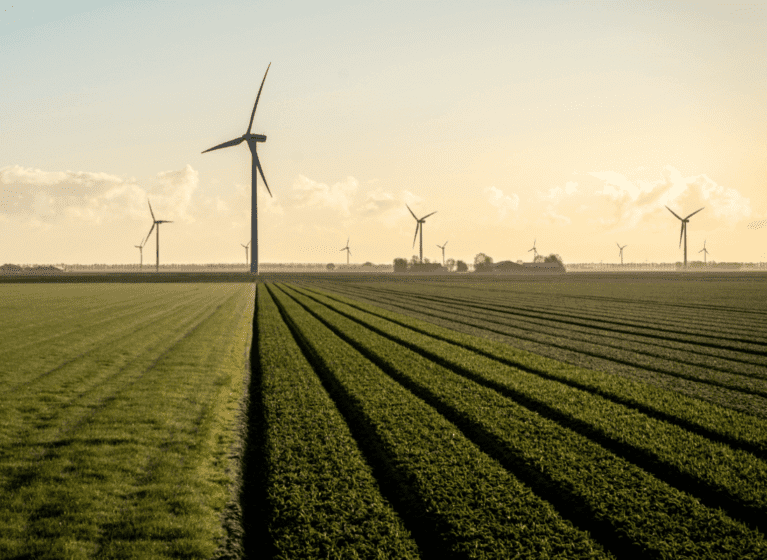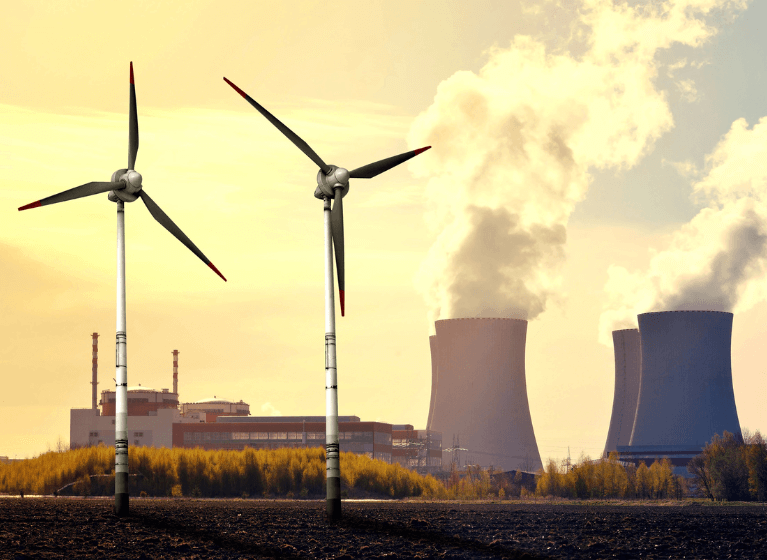Introduction
The Australian Federal Parliament has passed new legislation that provides tax credits and incentives directed to the production of green hydrogen, and the processing of critical minerals in Australia.
The Future Made in Australia (Production Tax Credit and Other Measures) Bill 2024 provides one of the largest packages of support for the resources sector passed by the Federal Parliament and these measures are aimed at driving investment, reducing costs, and scaling up domestic industries that will be crucial in powering Australia’s shift to renewable energy sources.
As previously discussed, Australia has an abundance of the critical minerals typically used in clean technologies and Australia hopes to implement 35 GW of electrolyser capacity for hydrogen production by 2030. This new legislation signals clear intent by the Australian government to position Australia as an important jurisdiction for clean technologies by capitalising on its abundant reserves of essential minerals.
Key elements of the new legislation
The new legislation provides two key tax incentives for companies looking to produce green hydrogen and/or process critical minerals in Australia. These are:
- a hydrogen production tax incentive worth $2 per kilogram of renewable hydrogen produced between mid-2027–2040, for up to ten years per project; and
- a critical minerals production tax incentive worth ten per cent of relevant processing and refining costs for Australia’s 31 critical minerals, for critical minerals processed and refined between mid-2027–2040, for up to ten years per project.
The incentives will be available once projects are up and running, producing hydrogen or processing critical minerals.
Possible impact on Australian patent activity
We anticipate that the new tax incentives will lead to an increase in patent filings in these sectors in Australia. The incentives are designed to encourage companies to set up their hydrogen or critical minerals processing projects in Australia, meaning that patent protection for specialised equipment and proprietary processes will naturally become more important.
We also expect this will foster new breakthroughs from local Australian companies/inventors, who may now have access to new investment, with the effect of generating a more competitive local market.
How FPA can help?
With the Australian patent landscape in these areas expected to become more complex as a result of these measures, it is more important than ever to establish a strong initial patent position. In addition, understanding the patent landscape is commercially important in order to attract investment and to minimise the risk of being blocked by another party’s intellectual property.
The multidisciplinary team at FPA Patent Attorneys have the technical expertise to support both start-ups and established companies in navigating these sectors.









